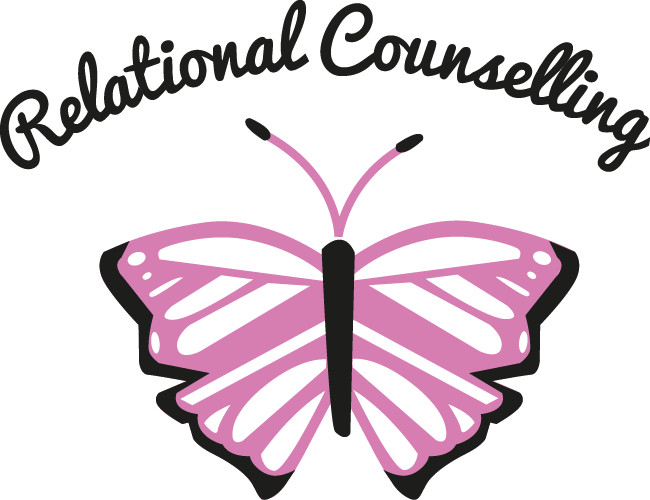Word Of The Month: Empathy
We have all been down in the dumps. Stuck in the depths of despair in an endless tunnel of darkness, where we are inconsolable and feel alone. Likewise, we have had to be there for someone in the same position. Whatever position you have been in before, it's almost impossible to understand what to do next for yourself or for someone else. In either situation, it can feel like life itself has come to a halt, a sudden freeze frame. We want the best for ourselves, but sometimes to become our best selves, we must look out for others. Understanding another persons pains and helping them through it. Or even simply being there for them, can lead to a greater understanding of how we can become more rounded, empathetic individuals. This is why I am thinking about empathy this month.
I have been in both situations myself many times. Situations where in some cases, I would slam the door on any one looking to extend an understanding hand, ultimately driving those who care about me away. I have also been on the receiving end. Nervously treading on eggshells hoping the next thing I say doesn't drive in the metaphorical nail of despair deeper, causing them more sorrow. I am by no means perfect nowadays in either instance. I still want to shut the world out and be alone at times, looking for answers in my own misery torn psyche. However, it is difficult to understand a persons needs in that moment. This is where empathy is key.
"Empathy fuels connection. Sympathy drives disconnection".
Brené Brown
Empathy is the act of understanding a persons feelings and being there with them. It can go deeper, and there are ways in which empathy can be practiced, but that is what it is at its core. To show empathy, we must make the conscious decision to understand a persons needs and be there with them. This is where I have made a number of mistakes many times before. I have seen someone upset and in despair, wanting them to be happy, only not understanding why they are feeling upset in the first place. I am not feeling what they are feeling. I can only offer a sympathetic hand and hope it gets better for them. This is why "sympathy drives disconnection". It can come off as insincere, patronizing and belittling to put yourself in a position higher than someone, saying things like "hey look at the bright side" or "at least this didn't happen". It makes that person feel like there is something wrong with them for feeling the way they do, which only further fuels their feelings in that moment.
An empathic approach takes its time, understands why and responds accordingly. Instead of looking for reasons it can be worse, empathy feels the hurt along with those those that are hurting, fuelling a connection between either party. It's feeling that same pain and truly understanding what they are going through.
There are three kinds of empathy: Cognitive, emotional and compassionate.
In the counselling room, empathy can be the key to driving a connection between the counsellor and client. It is up to the counsellor to know which form of empathy is appropriate in any given situation. Cognitive empathy, is simply the act of understanding the client. Knowing their perspective and how they feel. It is intellectual. Emotional empathy is feeling along with the client. Its concern is feeling. Finally, compassionate empathy is where I believe people find themselves the most. It doesn't only concern understanding or feeling, but both along with action. It concerns taking action and moving forward with the client. Maybe that someone who is in distress, doesn't need help, maybe they just need to be understood.
I believe as we move towards a more tolerant, more understanding world, empathy is paramount. It will be at the forefront of decision making processes and interaction. If we can put ourselves in the others shoes, we can know how best to proceed. Because empathy is not only important in human interaction, but in any interaction really. When a policy is being made that affects others, it can be made fairly and at the best interest of those affected if we truly understand and feel alongside them how that policy will affect them. Counselling both practices empathy and helps us be more empathic individuals. The world can be a difficult place to be in at times, but maybe it would be a lot better if we could all understand and appreciate what our neighbour is going through.
- By Patrick
References
Brené Brown on Empathy vs Sympathy [online] Available at: https://www.youtube.com/watch?v=KZBTYViDPlQ [Accessed on: 19th October 2021]
The Three Kinds of Empathy: Emotional, Cognitive, Compassionate (2012) [online] https://blog.heartmanity.com/the-three-kinds-of-empathy-emotional-cognitive-compassionate [Accessed on: 19th October 2021]



